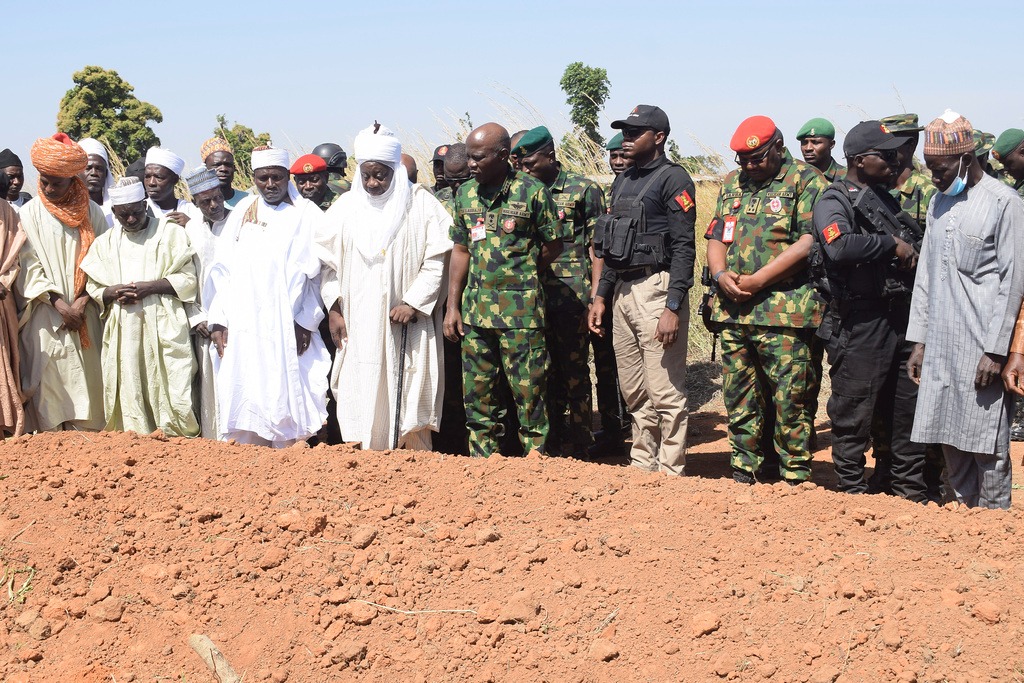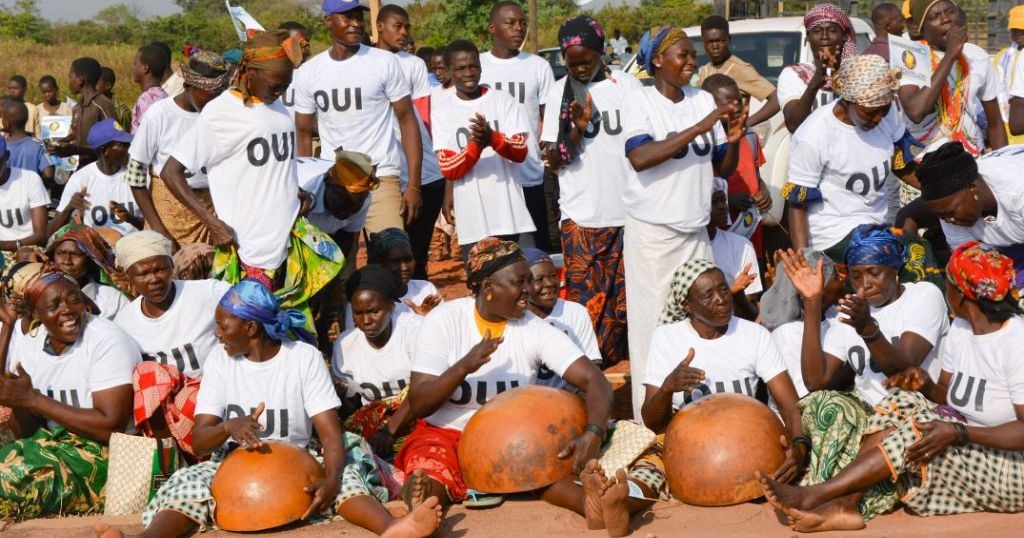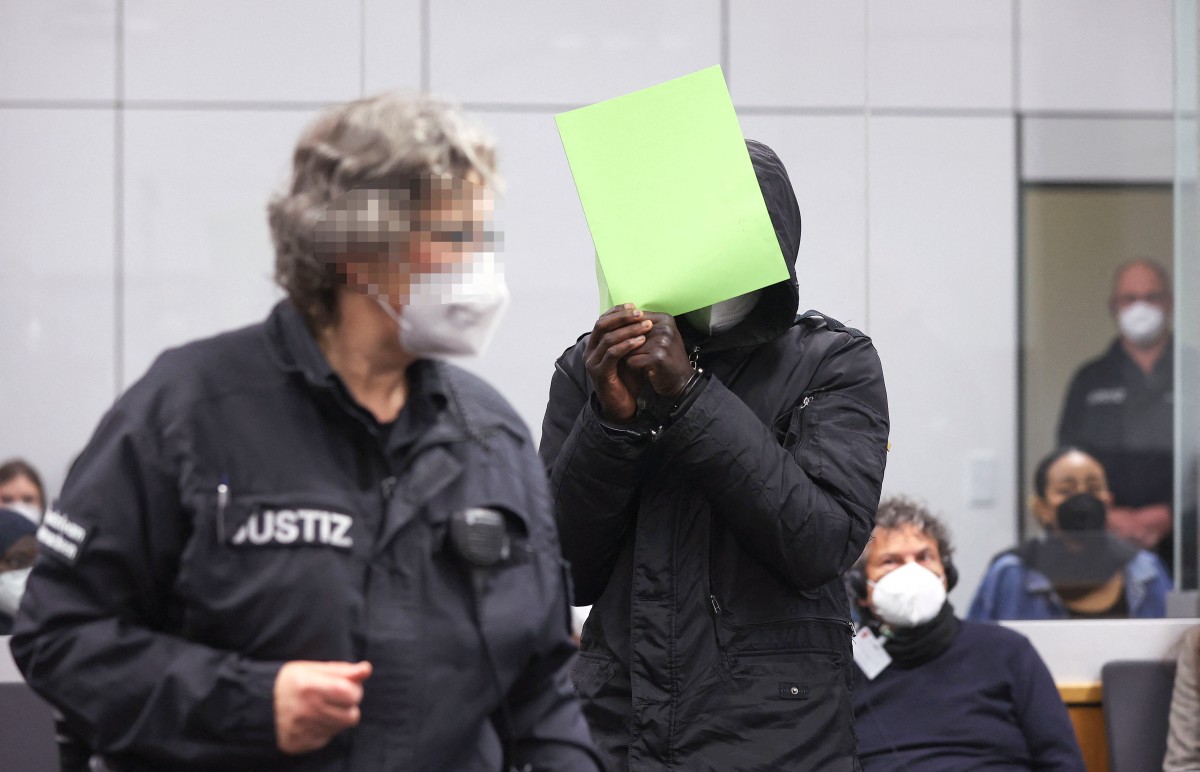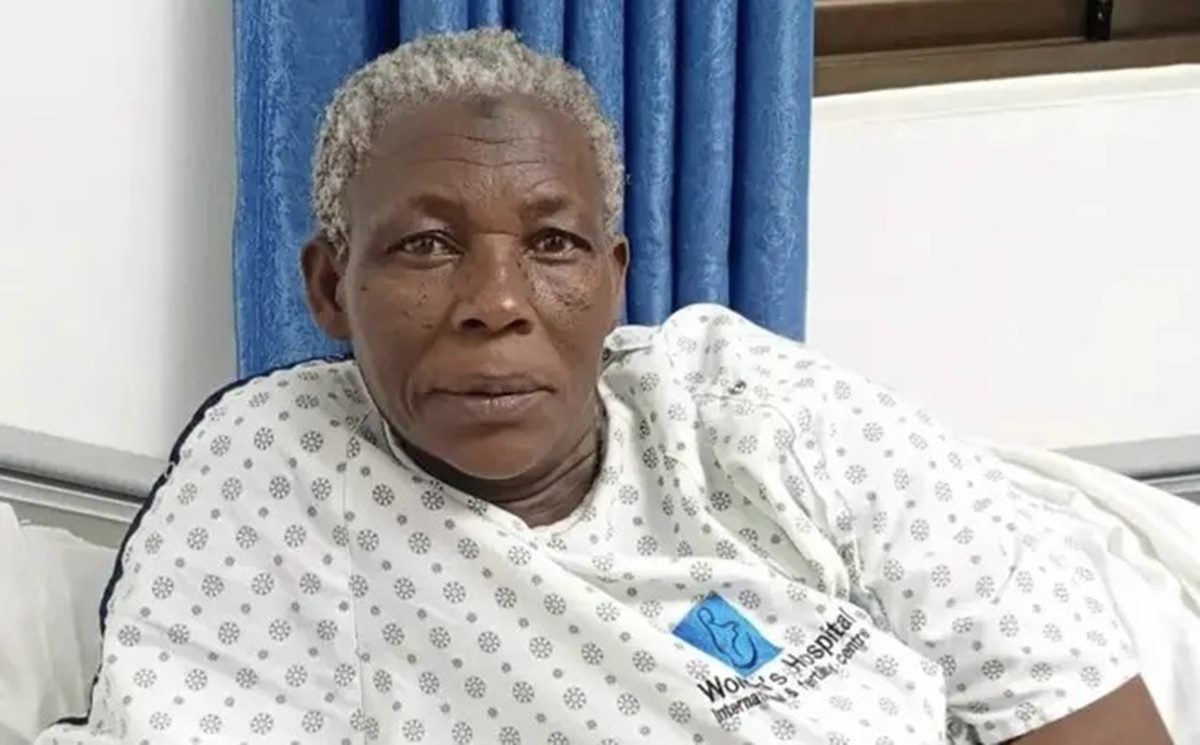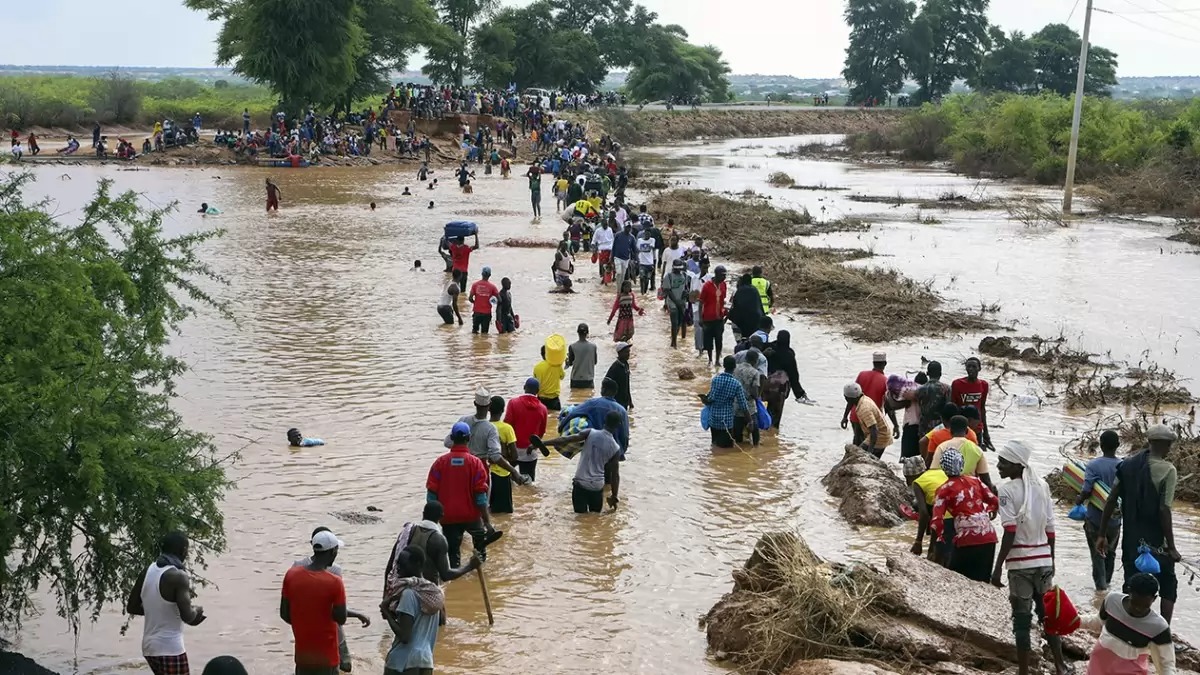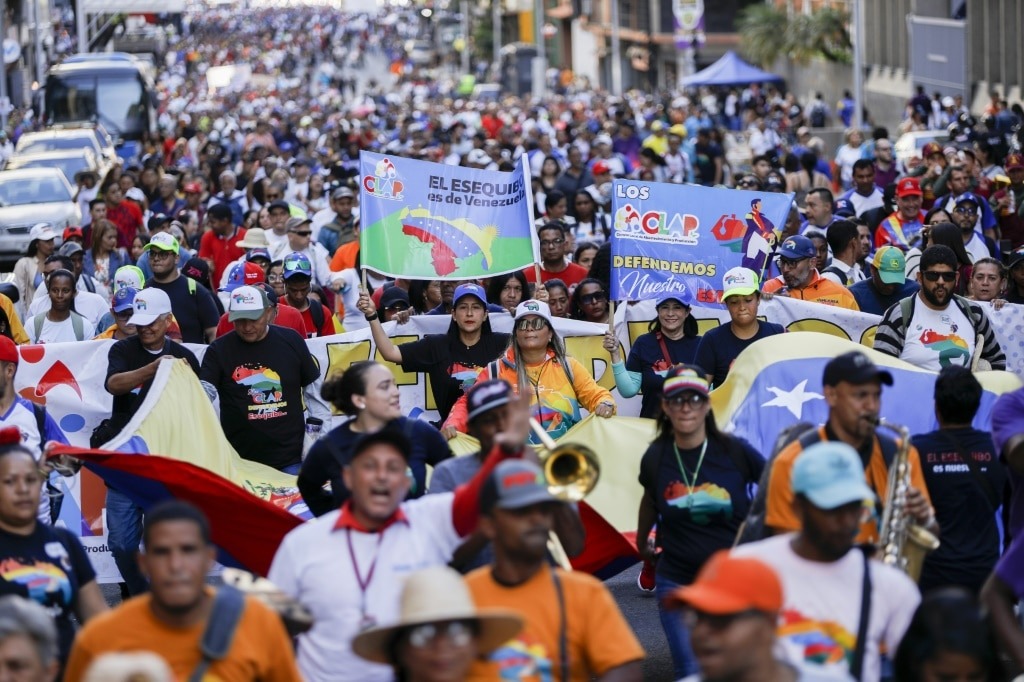In a tragic incident, an army drone strike mistakenly targeted a village in northwestern Nigeria, resulting in the deaths of numerous civilians who were celebrating a Muslim festival. The strike occurred on Sunday in Tudun Biri village, located in Kaduna State, and local authorities, the military, and residents confirmed the civilian casualties on Monday.
Nigeria’s armed forces frequently rely on air strikes to combat bandit militias in the country’s northwest and northeast regions, where a 14-year conflict involving jihadists has been ongoing. However, the army did not provide specific details or a death toll for the drone strike in Tudun Biri village. Residents, on the other hand, reported that dozens of people were killed and wounded as a result of the incident.
Kaduna State governor Uba Sani expressed his condolences and ordered an investigation into the tragic event, stating, “Muslim faithful observing Maulud were mistakenly killed and many others injured following a military drone attack targeting terrorists and bandits.” The governor’s directive aims to ascertain the circumstances surrounding the incident and hold those responsible accountable.
Idris Dahiru, a resident of Tudun Biri village, shared the devastating impact of the strike, saying, “We buried 85 people that were killed in the bomb attack.” He revealed that more than 60 injured individuals were receiving medical treatment in hospitals. Dahiru recounted the harrowing experience, explaining how he was inside his house when the first bomb hit and rushed to the scene to help the affected individuals, only for a second bomb to be dropped.
Husseini Ibrahim, another resident who lost 13 members of his immediate family in the attack, mourned the loss and emphasised the innocence of the victims. He stated, “They included my children and those of my brothers, seven boys and six girls. We buried the victims today.”
The strike primarily affected women and children, according to resident Hassan Ma’aruf, who shared images purportedly showing the bodies of the victims. However, the authenticity of these images could not be immediately verified.
Militia gangs, locally known as bandits, have long plagued parts of northwest Nigeria, operating from forest bases and engaging in activities such as looting and kidnapping residents for ransom. In the northeast, jihadists have faced setbacks but continue to pose a threat.
The incident underscores the challenges faced by Nigeria in addressing insecurity within its borders. President Bola Ahmed Tinubu has made tackling this issue a priority, aiming to attract foreign investment and ensure the safety and well-being of the country’s population.
Unfortunately, civilian casualties resulting from military operations have occurred in the past. The Nigerian military mistakenly targeted and killed at least 20 fishermen in September 2021, and a 2017 fighter jet strike on a camp housing displaced people led to the deaths of 112 individuals.
Efforts must be made to prevent such tragic incidents from recurring, including improving coordination and ensuring the proper identification of targets. The Nigerian government, in collaboration with the military, must prioritise the protection of civilian lives and work towards lasting peace and security in the country.
Source: African News


